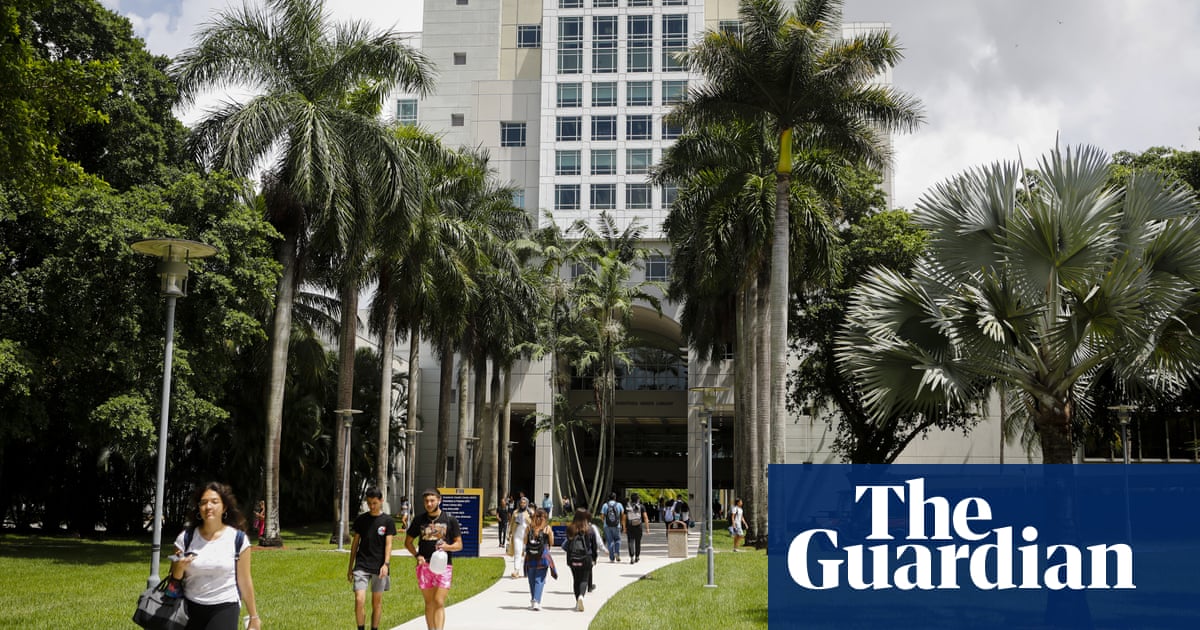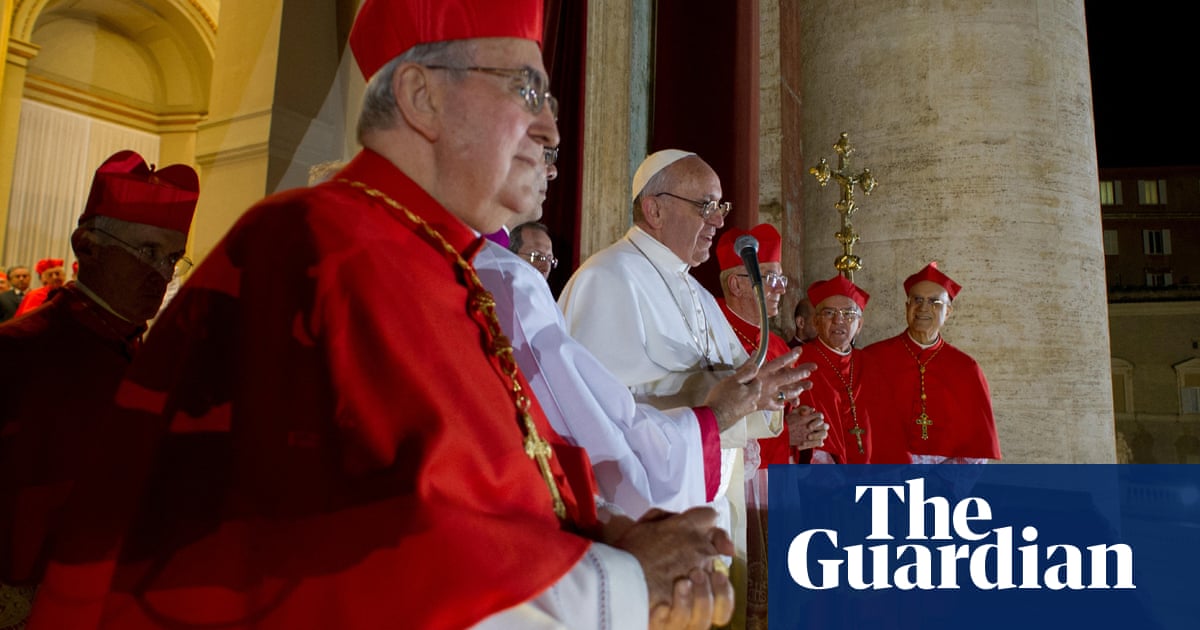South Korean investigators seeking to arrest suspended president Yoon Suk Yeol have entered his official residence as they try to execute a new warrant over insurrection accusations related to his 3 December declaration of martial law, an official from the joint force trying to detain him has said.
“We don’t know the exact number of people who are in the residence but there are prosecutors,” an official from the Corruption Investigation Office (CIO) probing Yoon’s failed martial law decree told reporters on Wednesday morning.
In a morning of high drama, an unarmed team of investigators from the CIO and police officers tried to enter the residential compound but were blocked by unidentified personnel at the entrance gate, AFP journalists saw.
Investigators were involved in clashes with those defending the residence where Yoon has been holed up for weeks behind barbed wire and a small army of personal security, AFP reported.
TV footage then showed about 20 personnel believed to be investigators climbing ladders into Yoon’s residential compound. Images showed scores of officers with “police” and “CIO” marked on their backs inside the compound.
Police denied a report by the news agency Yonhap that they had arrested the acting head of the presidential guard.
Earlier video footage showed investigating officers from the CIO trying to push through a crowd of Yoon’s supporters gathered outside his hillside villa in Seoul
“The execution of the presidential arrest warrant has begun,” acting President Choi Sang-mok said in a statement early on Wednesday. “This situation is a crucial moment for maintaining order and the rule of law in South Korea.”
The investigating officials said they would detain anyone who tried to block their bid to execute a new warrant, Yonhap news agency reported.
Investigators were also attempting to enter the residence via an alternative mountain hiking trail, according to Yonhap News TV.
Yoon’s lawyer, Seok Dong-hyeon, wrote on Facebook that negotiations were under way for the president to voluntarily appear because of the “risk of a serious situation” between the rival forces.
At least one person was injured during the standoff. They were transported away from the scene by fire authorities.
Streets around the compound were sealed off with police buses and thousands of officers were present.
But crowds of Yoon supporters, most of them elderly, were gathered near the residence gates and around makeshift stages hosting speeches describing the arrest warrant “fake” and calling for the arrest of opposition leader Lee Jae-myung.
Braving the freezing early morning, many held up red light sticks, US flags and banners in both Korean and English, including “Stop the steal” and “CCP out”, embracing unfounded claims of electoral manipulation and alleged Chinese interference – despite the fact that no major election observers or courts have raised concerns about last April’s parliamentary vote that saw the opposition secure a decisive victory.
Nearby, a smaller group of pro-impeachment protesters, kept apart from Yoon’s supporters by a police cordon, was chanting “Enter! Enter! Arrest him!”
Activists on both sides had set up tea stations and were distributing heat packs.
Han Chang-min, a lawmaker of the minor opposition Social Democratic party came to monitor the situation on the ground and prevent any physical clashes. He told the Guardian he believed the arrest would be executed successfully today “without physical confrontation” as police had made sufficient preparations.
“While it’s unclear how the hardliners in the security service are building their final defensive line, the security staff aren’t responding as aggressively as the public feared. The police are proceeding with the execution while trying to get maximum cooperation.”
Yoon’s short-lived power grab left him facing arrest, imprisonment or, at worst, the death penalty.
He plunged South Korea into its worst political crisis in decades after sending soldiers to storm parliament, shaking the vibrant east Asian democracy and briefly lurching it back to the dark days of military rule.
If the court-ordered warrant is successfully executed, Yoon would become the first sitting president in South Korean history to be arrested.
But a first attempt to arrest Yoon on 3 January failed after a tense hours-long standoff with his presidential guards, who refused to budge when investigators tried to execute their warrant.
A joint team of the CIO and police have since secured a new warrant and massed as many as 1,000 personnel for Wednesday’s attempt to detain Yoon, according to local media reports.

.png) 3 months ago
26
3 months ago
26













































